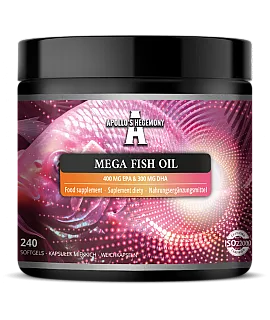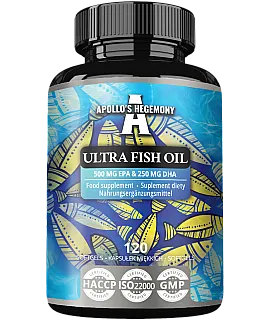Vegan diet - this is what you need to remember
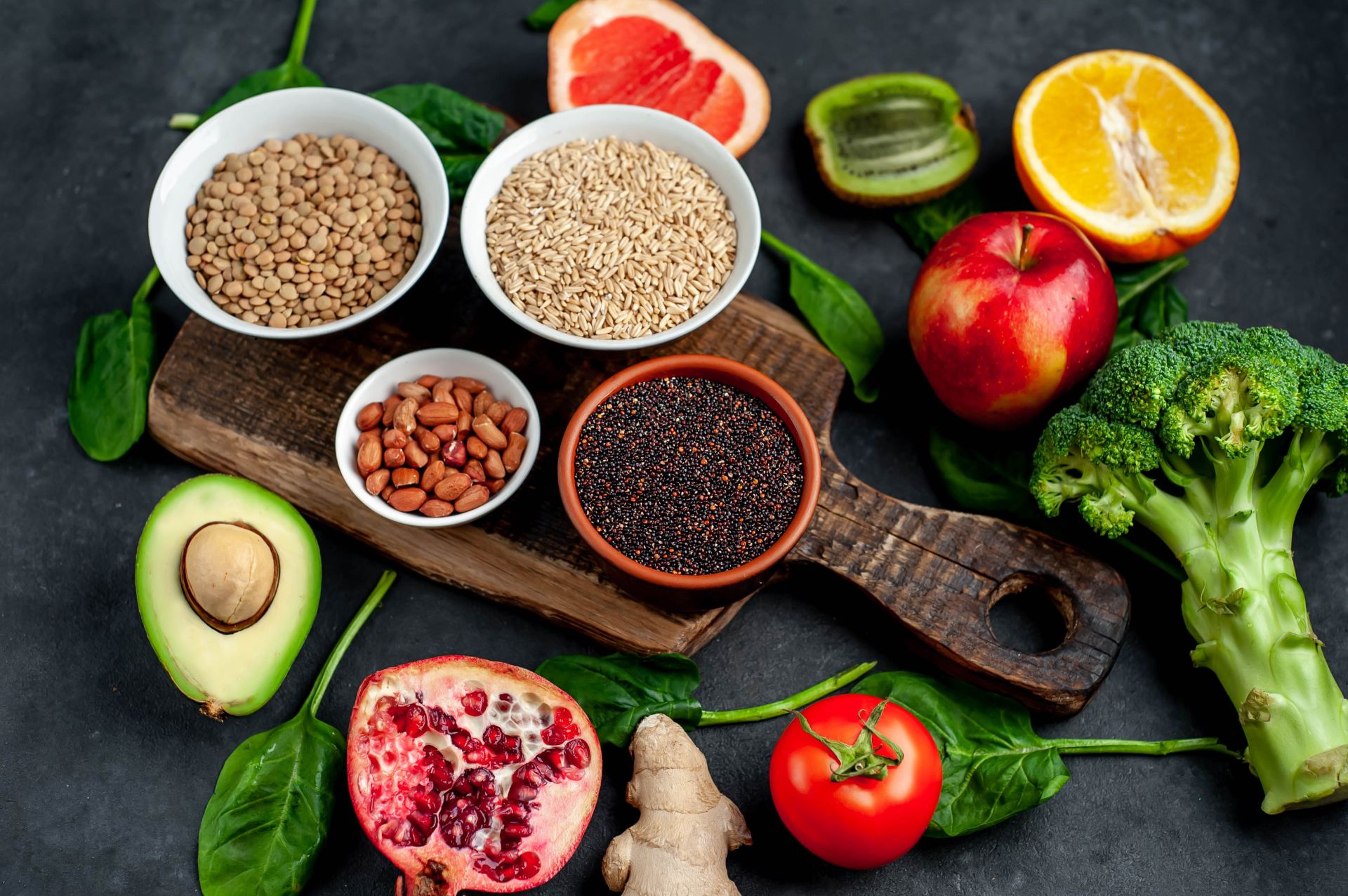
There is currently a growing worldwide interest in plant-based diets, including the vegan diet. A vegan diet completely excludes animal products and relies solely on plant-based foods. More and more people are recognizing the vegan diet as good for health, although there are still many myths and controversies surrounding it.
- Is a vegan diet healthy?
- Why is a vegan diet good for health?
- Where to get protein in a vegan diet?
- Vegan diet - sources of omega-3 fatty acids
- Calcium in a vegan diet
- Vitamin B12 - why should it be supplemented?
Is a vegan diet healthy?
Studies conducted unequivocally show that a well-composed vegan diet shows beneficial effects on body weight, waist circumference, and indicators of the body's lipid and carbohydrate metabolism. A properly balanced vegan diet can contribute to a reduction in blood concentrations of the following metabolic parameters:
-
Fasting glucose,
-
Fasting insulin,
-
Glycated hemoglobin (HbA1c), showing the average blood glucose level over the past 3 months,
-
Total Cholesterol,
-
LDL fraction cholesterol (so-called "bad" cholesterol),
-
Triglycerides,
-
C-reactive protein (CRP), a frequently assessed marker of inflammation.
To top it all off, long-term adherence to a well-rounded vegan diet can lower the risk of high blood pressure, ischemic heart disease, obesity, type 2 diabetes, certain cancers (especially colorectal cancer), as well as reduce all-cause mortality.
Why is a vegan diet good for health?
A properly composed vegan diet is rich in a variety of fresh fruits and vegetables, legumes, whole grains, nuts, seeds, pumpkin seeds, bitter cocoa, olive oil, and sugar-free plant-based beverages. The vast majority of valuable nutrients in a vegan diet come from the lowest floors of the nutritional pyramid of the Mediterranean diet, which is exactly what should be consumed most throughout the day. A well-designed vegan diet provides many vitamins and minerals, unsaturated fatty acids, bioactive phytochemicals (including polyphenols and carotenoids with strong antioxidant properties) and a lot of dietary fiber. In addition, a properly formulated vegan diet is characterized by a low intake of salt, simple sugars, saturated fatty acids, cholesterol and trans fats, as well as dyes, preservatives and flavor enhancers.
Where to get protein in a vegan diet?
People who are just starting out on a vegan diet must remember to consume pulses such as beans, lentils, peas, soybeans and chickpeas every day, which are very good sources of protein. In addition, it is worth including other protein-providing products in the vegan diet on a regular basis, including: tofu, tempeh, seitan (a vegan meat substitute, which is derived from wheat flour by leaching out the starch), sugar-free soy beverage, natural soy yogurt, whole-grain cereals (among others.such as: mountain oatmeal, wholemeal pasta, buckwheat and millet groats), pseudo-cereals (e.g. amaranth, quinoa, teff),) unsweetened and unsalted nuts, seeds and pumpkin seeds. On the other hand, those who regularly participate in sports and need a high-protein diet should supplement their vegan diet with good-quality protein supplements, such as soy protein isolate or pea protein isolate.
Vegan diet - sources of omega-3 fatty acids
Regular inclusion of flaxseed, chia seeds, hemp seeds, walnuts, cold-pressed canola oil and a variety of unsalted and unsweetened nuts, seeds, seeds, seeds, and vegetable oils in a vegan diet helps meet the recommended daily requirement for essential fatty acids (EFAs), namely alpha-linolenic acid (ALA) and linoleic acid (LA). The conversion efficiency of ALA to EPA and DHA is low, so all people on a vegan diet must remember to continuously supplement long-chain polyunsaturated fatty acids in the form of Schizochytrium sp. microalgae oil, naturally rich in EPA and DHA.
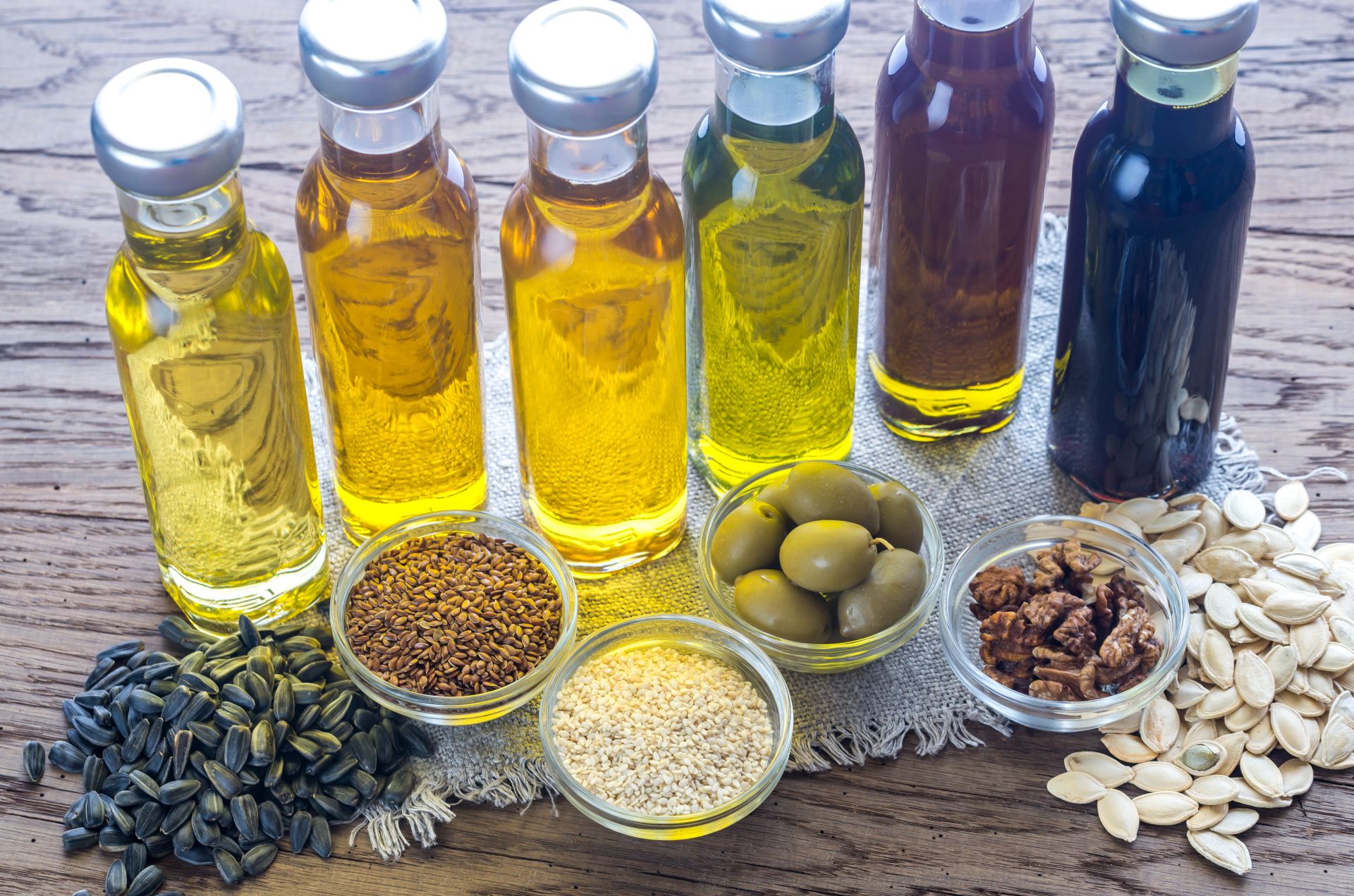
Calcium in a vegan diet
Vegans should frequently consume pulses (e.g., soybeans, white beans), green vegetables (e.g., broccoli, Chinese cabbage and kale), nuts (e.g. hazelnuts, pistachios, walnuts), almonds, sesame seeds, sunflower seeds, poppy seeds, pumpkin seeds, tahini, dried figs, apricots, amaranth, calcium-fortified foods (e.g., natural tofu, unsweetened vegetable drinks) and highly mineralized waters, which are great sources of calcium in a vegan diet. To improve intestinal absorption of calcium, it is also important to remember to consistently supplement with vitamin D at a daily dose of at least 2,000 IU (in adults) during the months of September through late April, or even year-round (especially in the elderly) if efficient skin synthesis of vitamin D is not ensured during late spring and throughout the summer
Vitamin B12 - why should it be supplemented?
It is essential to remember that a vegan diet completely excludes animal products, which are the main source of vitamin B12 in human nutrition. For this reason, it is recommended to introduce vitamin B12-enriched products (a variety of plant-based beverages) into the vegan diet on a daily basis, and to supplement vitamin B12 all the time - daily or twice a week, depending on the dose and form chosen.
Sources:
-
Pollakova D, Andreadi A, Pacifici F, et al: The Impact of Vegan Diet in the Prevention and Treatment of Type 2 Diabetes: A Systematic Review. Nutrients 2021, 13(6), 2123.
-
Marrone G, Guerriero C, Palazzetti D, et al: Vegan Diet Health Benefits in Metabolic Syndrome. Nutrients. 2021 Mar; 13(3): 817.
-
Menzel J, Jabakhanji A, Biemann R, et al: Systematic review and meta-analysis of the associations of vegan and vegetarian diets with inflammatory biomarkers. Sci Rep. 2020 Dec 10;10(1):21736.
-
Johannesen CO, Dale HF, Jensen C, et al: Effects of Plant-Based Diets on Outcomes Related to Glucose Metabolism: A Systematic Review. Diabetes Metab Syndr Obes. 2020 Aug 7;13:2811-2822.
-
Medawar E, Huhn S, Villringer A, et al: The effects of plant-based diets on the body and the brain: a systematic review. Transl Psychiatry. 2019 Sep 12;9(1):226.
-
Dinu M, Abbate R, Gensini GF, et al: Vegetarian, vegan diets and multiple health outcomes: A systematic review with meta-analysis of observational studies. Crit Rev Food Sci Nutr. 2017 Nov 22;57(17):3640-3649.
-
Rogerson D.: Vegan diets: practical advice for athletes and exercisers. J Int Soc Sports Nutr. 2017; 14: 36.
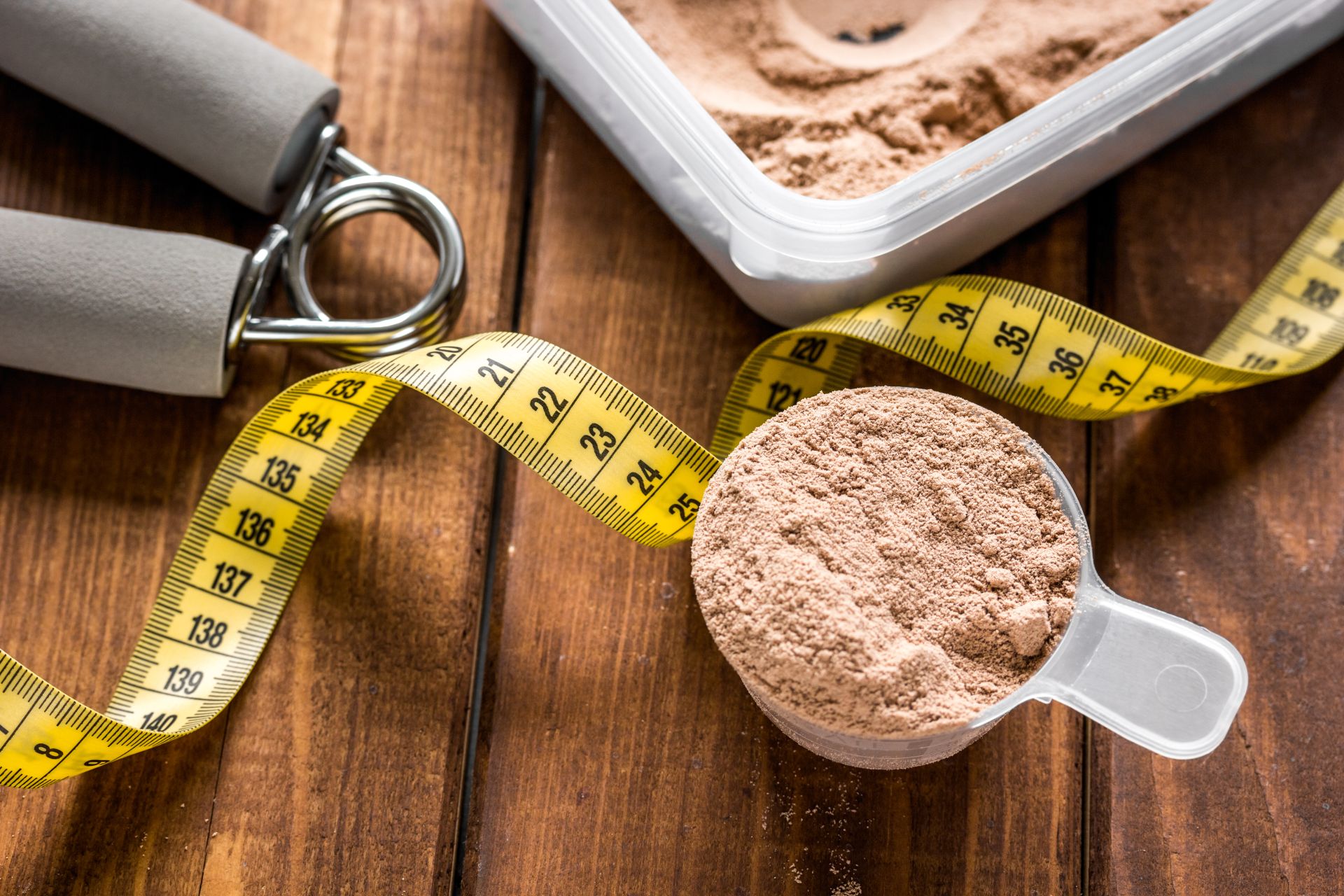 ⮜ Previous article
⮜ Previous article
What protein should I choose to start with?
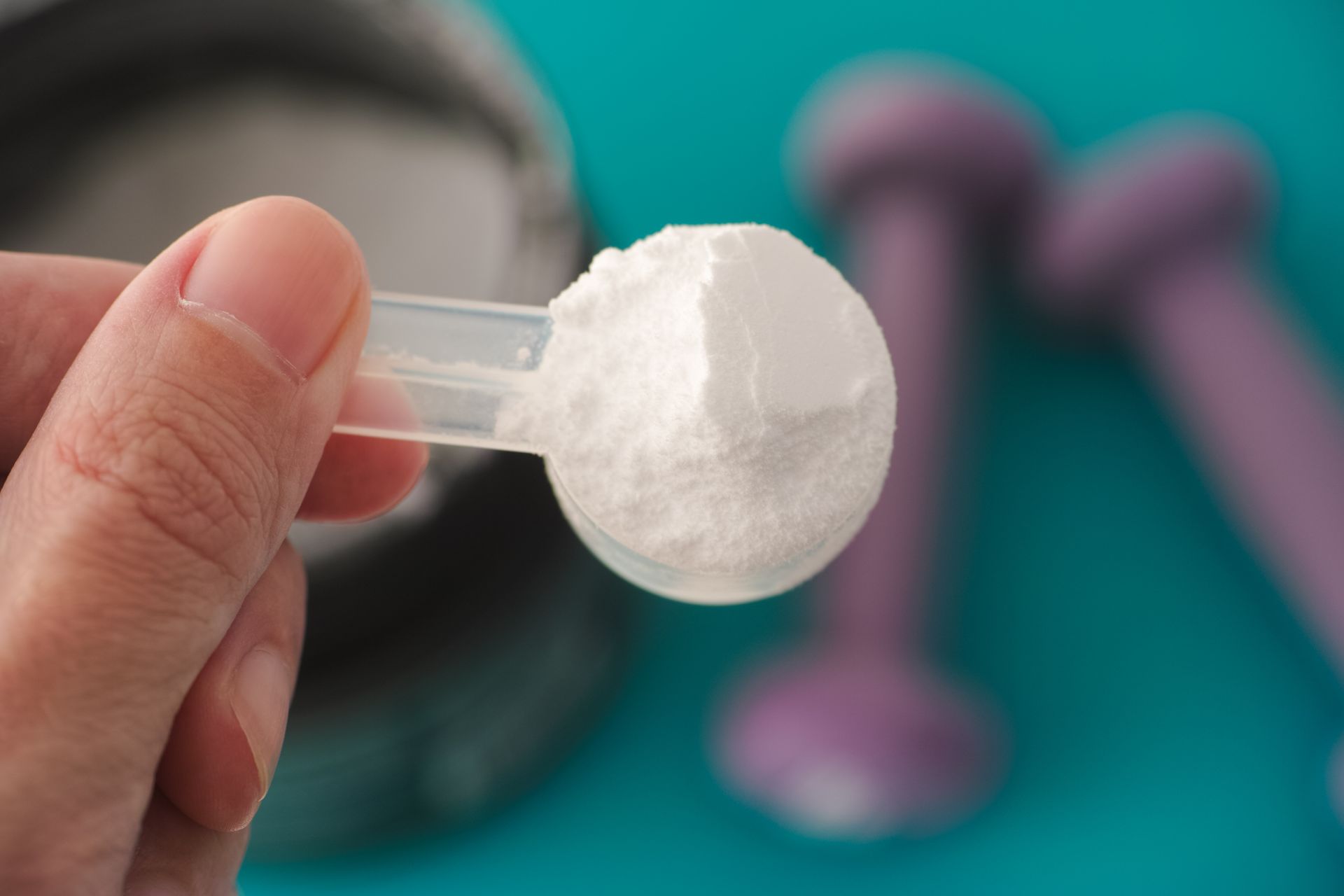 Next article ⮞
Next article ⮞

